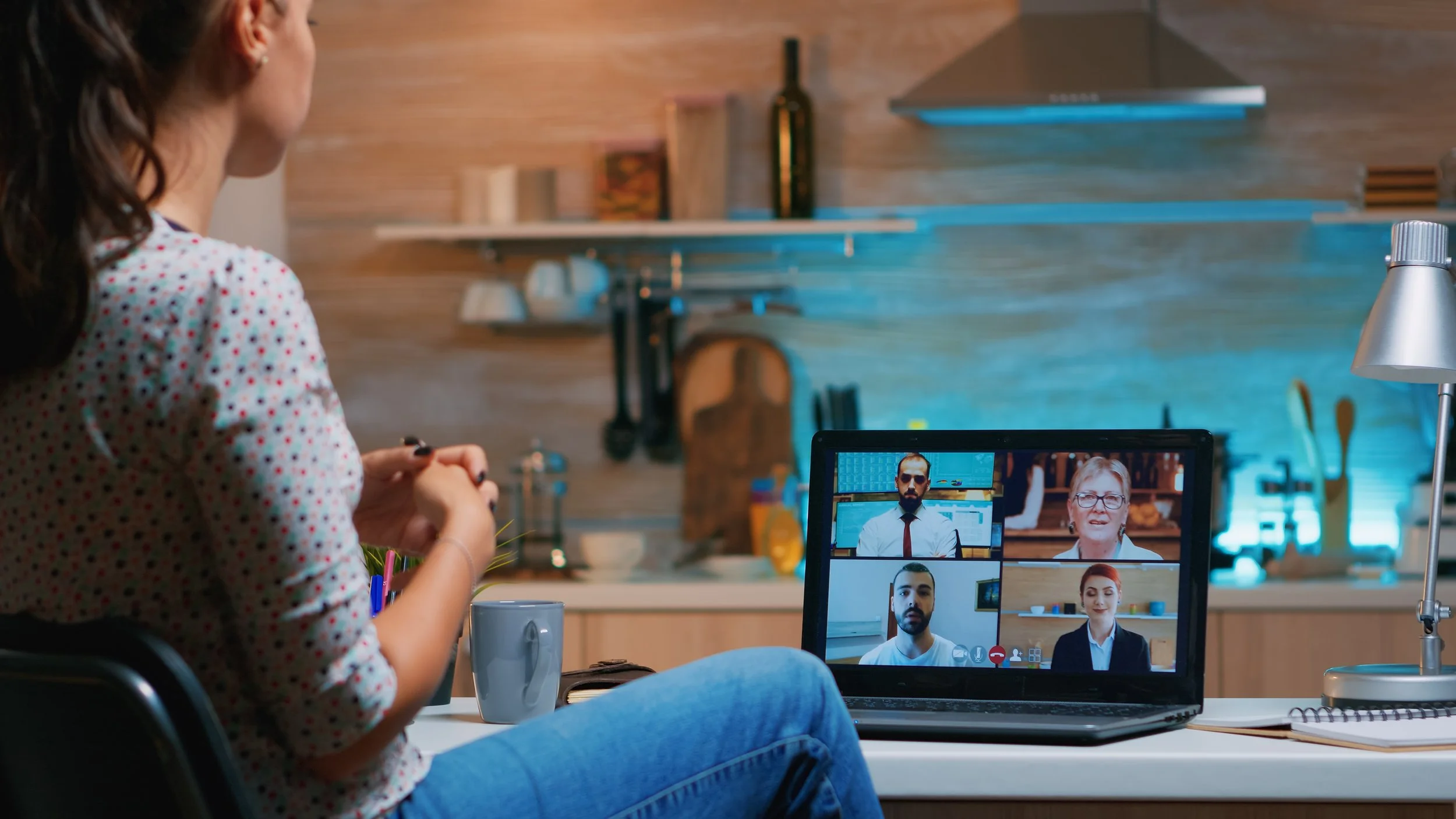The Importance of Social Support in Coping With the Ambiguous Loss of Rare Disease
By Craig Delarge
I regularly get calls from people who find themselves faced suddenly with the challenge of living with or caring for an ill loved one. One of the first pieces of advice I always offer is to seek out and become a part of a peer-support community. Next to a focus on self-care, social support may be the most important factor in successful long-term coping with ambiguous loss (AL)—a sense of loss characterized by uncertainty about the loss of a loved one and/or the life we once knew.
For me, through nearly two decades of caring for an ill loved one, social support has been essential in building my confidence and ability to handle the challenges of AL. Peer-support groups of others who are undergoing similar experiences helped normalize otherwise abnormal situations in which my typical social supports of family, friends, church, and work were not enough. This normalization of the generally abnormal has made all the difference to me in surviving—and at times even thriving—in the face of AL.
Social support can take many different forms. It may be formal, involving therapists, coaches, physicians and other health care providers, and social- and human-services professionals. Less formal support, such as online or in-person peer-support groups—can also be very valuable. As you engage and connect more deeply with your support community, you will become educated, access resources you may not have known about, and derive emotional, spiritual, and psychological support. Over time, you will become a source of education, connection, and support for others.
How does social support impact the quality of life for people facing AL due to a rare disease? A study by Kerrilynn Hall, a PhD student at North Central University, examined the psychosocial impact of sarcoidosis, a rare disease for which there is no known cause. For the study, Hall interviewed 12 people with sarcoidosis about their experiences. The study concluded that the effect of AL on quality of life varies based on a number of factors, including illness severity, the strength of a person’s social support, trust in the health care system, and financial burden. Hall found that many of the people she interviewed for her study felt their families did not understand what they were going through. Loved ones’ misperceptions about the disease can make it even more difficult for patients to cope with illness. Finding social support outside the home may be especially important for people in situations like this.
Though we cannot undo our loss, we can grow with it. Social support is but one element of successfully dealing with AL. To help you build your resilience and ability to cope in the face of AL, I recommend that you:
Seek social support via “connected communities” of professionals and peers
Develop ease with imperfection through an acceptance of loss and ambiguity
Master (skillfully manage) the elements of your situation that can be controlled
Employ the techniques of mindfulness (nonjudgmentally paying attention) and storytelling (sharing common experiences to make meaning)
My hope is that you and your beloved community will be well and resilient as you learn to cope with your own AL.
Rare Disease Organizations:
National Organization for Rare Disorders: https://rarediseases.org/
Rare Advocacy Movement: https://www.rareadvocacymovement.com/
Global Genes: https://globalgenes.org/
About the Author
Craig A. DeLarge is a digital health strategist, mental health advocate, educator, and leadership professor and coach. He works to improve health and develop leaders, these days, at WiseWorking Leadership Coaching, LLC, The Digital Mental Health Project, and Temple University. He lives in Philadelphia.































